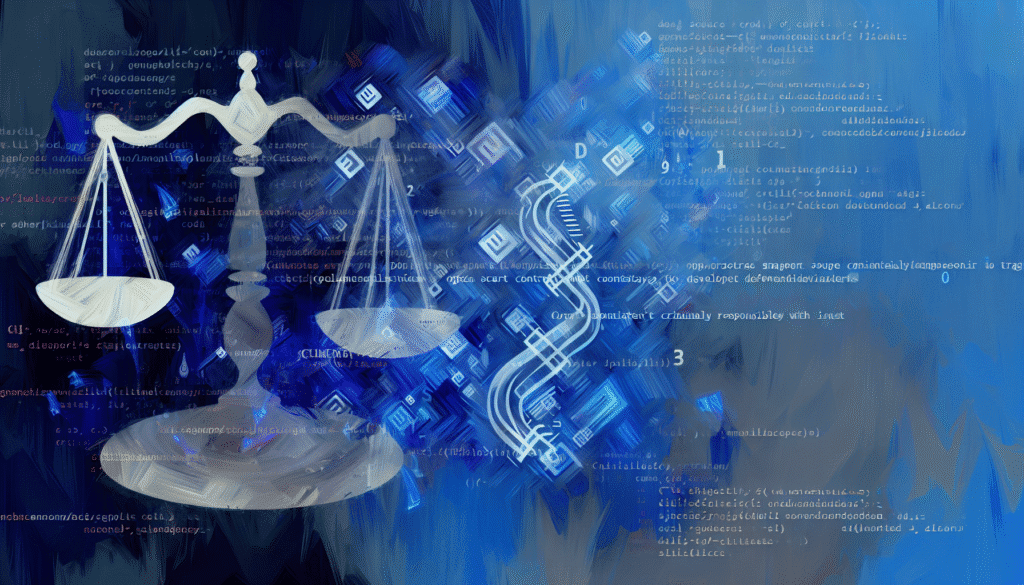Matthew Galeotti, head of the DOJ Criminal Division, announced that coding without criminal intent is not a crime, clarifying the boundaries for crypto developers and smart contract creators regarding criminal liability.
In his remarks at the American Innovation Project Summit on Aug. 21, Galeotti remarked:
“We believe that writing code without malicious intent is not a crime. Innovating new methods for the economy to store and transmit value and generate wealth without ill intent is not a crime.”
These comments mark the Justice Department’s clearest guidance on the responsibilities of developers within the digital asset ecosystem.
Limits on Developer Liability
The Criminal Division addressed industry worries about holding smart contract developers accountable for operating without a license in money transmission.
Galeotti emphasized that those contributing code to open-source projects, lacking specific criminal intent, will not face liability for aiding or abetting violations.
He clarified:
“If a developer contributes to an open-source project without the intent to support criminal actions, aid a specific crime, or join a conspiracy, they cannot be held criminally liable.”
Charges of aiding and abetting and conspiracy necessitate proof of specific intent, establishing a higher evidence standard in developer cases.
This guidance addresses concerns raised by defense attorneys regarding the criminal liability of smart contract developers and code publishers not involved in peer-to-peer transactions.
The Criminal Division recognized these issues as “complex legal and factual questions” that require thorough evaluation on a case-by-case basis.
Protections Against Unlicensed Money Transmission
Regarding unlicensed money transmission charges under 18 USC 1960, the department will refrain from prosecuting regulatory violations unless there is evidence that defendants were aware of specific legal requirements and willfully breached them.
Galeotti specified protections for genuinely decentralized software that facilitates peer-to-peer transactions without third-party custody or control, stating:
“If the evidence indicates that software is entirely decentralized and solely manages peer-to-peer transactions, and no third party holds custody or control over user assets, new charges under 1960(b)(1)(C) against a third party will not be authorized.”
The guidance considers regulatory insights suggesting that non-custodial crypto software does not qualify as unlicensed money transmission.
Moreover, Galeotti outlined clear distinctions between legitimate development and criminal actions.
Developers of neutral tools, who harbor no criminal intent, should not be liable for third-party misuse of their work. In cases where third parties infringe upon criminal law utilizing developer tools, prosecutors should focus on the misusing individuals rather than on the well-meaning creators.
The DOJ representative described the department’s technology-neutral stance, which equates digital asset crimes with traditional financial offenses while safeguarding lawful innovation against regulatory overreach.



